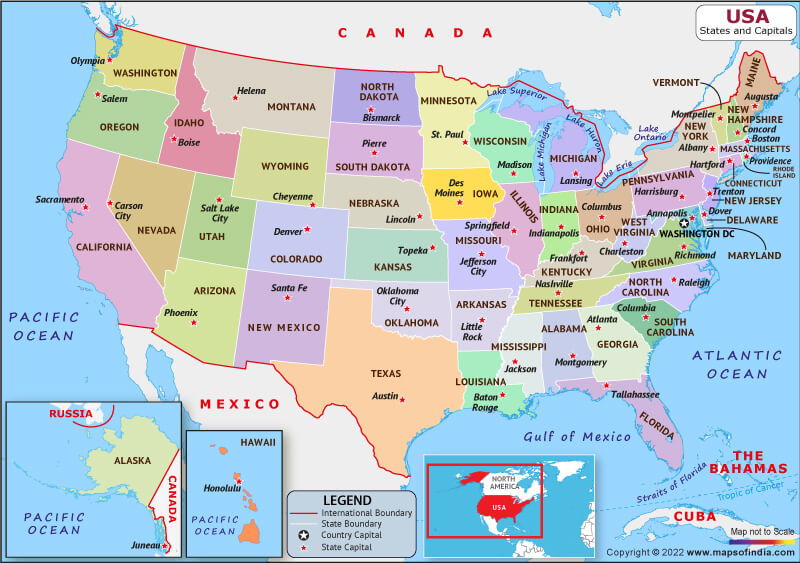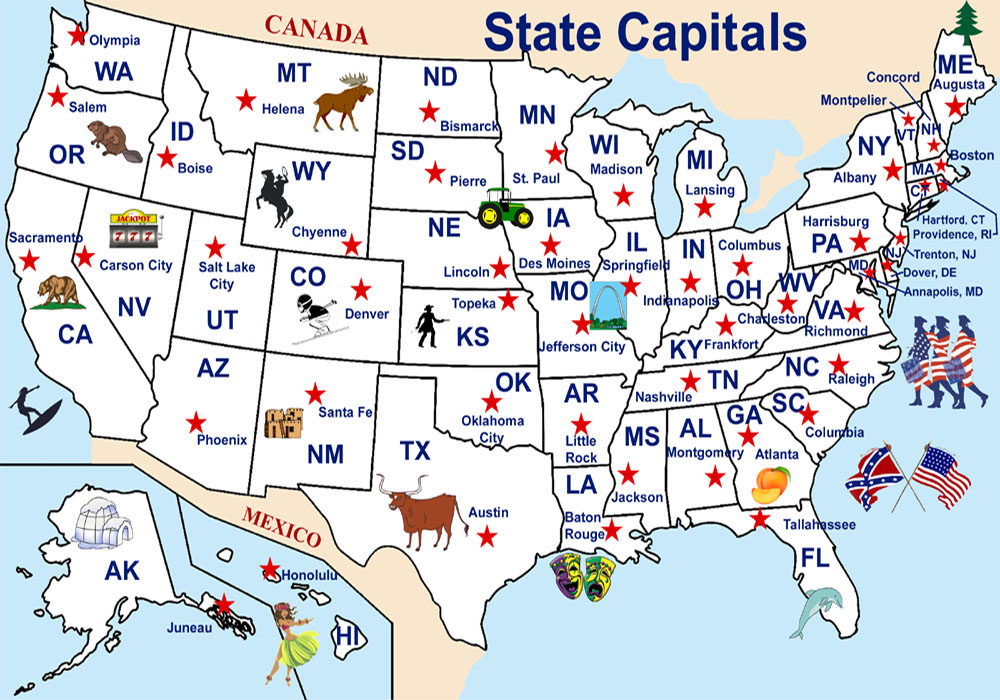State Of Georgia Versus Justin Williams Hodgens - What It Means
When you hear about a legal matter like the "State of Georgia versus Justin Williams Hodgens," it often brings to mind questions about how justice works. These kinds of cases, where a governmental body faces off against an individual, really do capture public attention, and for good reason. They are, in a way, about the balance of power, about how rules are applied, and about the fundamental rights we all share within a community. It's a big deal, and people tend to want to know more about what is going on.
Such legal proceedings, you know, aren't just about the people directly involved; they often touch on broader principles that affect everyone. They can set precedents, or show how existing laws are interpreted in new situations. So, too it's almost, when a state, which represents all its citizens, takes action against someone, the outcome can have wide-reaching effects on how we all live and interact within that state's boundaries. It's a public matter, even if the details of any particular case might stay private for a time.
Getting a handle on these situations means looking at more than just the headlines. It means thinking about what a "state" actually is in this context, what a "status" means for a legal proceeding, and how information about these matters becomes known. We can, you see, draw some general ideas from how we think about "state" in other contexts, perhaps even how we update information in complex systems. It helps us appreciate the careful steps involved in our legal system, and just how important each step can be for everyone involved.
- Illinois Vintage Festival
- Landon Barker Lpsg
- Sierra Egan Nude
- Cornerstone Park Photos
- Ricky Bolden At Huntsville Speedway
Table of Contents
- Justin Williams Hodgens - A Look at the Public Record
- What Does "State" Mean in a Legal Battle?
- How Does a Legal Case "Update Its State"?
- What's the "Status" of a Legal Confrontation?
- Where Do We Find Information on Such Matters?
- The Broader Implications of "State of Georgia vs Justin Williams Hodgens"
Justin Williams Hodgens - A Look at the Public Record
When a legal matter involves a person like Justin Williams Hodgens, people often become curious about who they are. Typically, information about individuals involved in public legal cases becomes part of the public record. This means that certain details, like names and perhaps some background, might be accessible to anyone looking into the case. However, it is also true that privacy concerns mean not everything about a person's life becomes public knowledge, which is, you know, understandable.
For a case titled "State of Georgia versus Justin Williams Hodgens," any personal details would come from official court documents or public statements made during the proceedings. As a general rule, we rely on these kinds of official sources to get accurate information. Without specific details from such records, we can only speak in general terms about how individuals are represented in the legal system. This is, basically, how things work in the public eye when a case is ongoing.
Personal details and biographical information, when available through public channels, usually paint a picture of the person's role in the case. This might include their name, date of birth, or perhaps their address, if relevant to the legal action. For the purpose of this discussion, we are focusing on the broader concepts at play in such a legal confrontation, rather than specific personal facts about Justin Williams Hodgens that are not available through public sources or the information provided. It is important to respect that, you know, personal information is not always freely shared or publicly recorded.
- Mikayla Raines Nude
- Roger Hayes
- Katy Johnson Miss Vermont
- Alexiasteade Nude
- July 17 2024 Sound Bath Colorado
| Category | Detail |
|---|---|
| Name | Justin Williams Hodgens |
| Role in Case | Defendant/Respondent (as implied by "vs.") |
| Public Record Availability | Information typically found in court documents; specific details not provided here. |
| Other Known Details | No additional public information available for this discussion. |
What Does "State" Mean in a Legal Battle?
The word "state" can mean quite a few things, can't it? In some situations, it refers to a whole country, like the State of Israel or the Independent State of Papua New Guinea. But then, it also describes a part of a country, like the State of Georgia within the United States. When we talk about "State of Georgia versus Justin Williams Hodgens," we are definitely using "state" in that second sense, as a specific governmental body that has its own set of laws and jurisdiction. This is, you know, a very important distinction to make.
In a legal setting, the "State" is not just a geographical area; it's a legal entity. It acts through its various branches of government, like the attorney general's office or local prosecutors. This means that when the "State of Georgia" is involved in a case, it represents the collective interests and laws of the people who live there. It's a big, complex idea, and it is pretty much the foundation of how our legal system works when it comes to upholding public order and enforcing laws. So, it's a powerful party in any legal dispute.
The concept of "state" here is, in some respects, quite different from just a general "status" or condition. A "state" as a governmental body has a clear, defined structure and purpose, unlike a more vague idea of "status," which can feel a bit more, well, general or harder to pin down. When you are up against the "State of Georgia," you are facing an established legal authority with a specific role in upholding the law. This is why these cases often carry such weight, as they involve the public good as represented by the government. That, is that, a very real part of how these things unfold.
The "State of Georgia" - A Distinct Entity
The "State of Georgia," as a distinct entity in a legal context, has a particular way of operating. It has its own set of laws, its own courts, and its own processes for handling legal matters. This is quite similar to how a province or an autonomous region functions within a larger nation, but with its own unique powers. When a case involves the "State of Georgia," it means that the legal action is being brought under Georgia's specific legal framework. This is, basically, how the system ensures that laws are applied consistently within its borders.
This distinct nature means that legal procedures and outcomes are guided by Georgia's statutes and judicial precedents. It is not just a general legal action; it is a legal action within a specific jurisdiction. The rules for evidence, for arguments, and for appeals are all tied to what Georgia's laws say. This particularity is, you know, a fundamental aspect of how state-level legal systems function across the country. It ensures that legal actions are handled according to the specific rules of that place.
Understanding the "State of Georgia" as a distinct legal entity helps us appreciate the formal structure of these cases. It is not just about two parties arguing; it is about an individual engaging with the established legal system of a sovereign state. This is, you know, a very important distinction because it shapes the entire course of the legal proceedings. The legal system, after all, is built on these kinds of defined roles and responsibilities, which is, in fact, how it maintains order and fairness.
How Does a Legal Case "Update Its State"?
Think about how information changes and grows in something like a language model. It takes new data and updates its internal "state" to reflect that fresh knowledge, perhaps replacing older memories that are no longer relevant. A legal case, in a way, works quite similarly. As new evidence comes to light, as arguments are presented, or as rulings are made, the "state" of the case, meaning its current condition and direction, keeps getting updated. This is, you know, a continuous process from start to finish.
Every piece of new information, every new filing, every testimony, or every court decision changes the overall picture of the case. It is like adding new information to a system, which then adjusts its understanding. This means that the situation is rarely static; it is always in motion, always taking in new inputs and adjusting accordingly. So, the "state" of a legal matter is not fixed; it is a dynamic thing that shifts as events unfold. This is, arguably, one of the most interesting parts of watching a case develop.
This idea of updating the "state" is crucial for fairness and accuracy in legal proceedings. It ensures that the court's understanding is always based on the most current and complete information available. If new facts emerge, or if a previous ruling is challenged, the case's "state" needs to be adjusted to reflect these changes. This constant evolution is, you know, what makes legal processes so intricate and, at the same time, so thorough. It is a system built on adaptation, which is, literally, how it seeks to reach a just outcome.
The Evolving Status of "State of Georgia vs Justin Williams Hodgens"
The "State of Georgia vs Justin Williams Hodgens" case, like any legal matter, would have an evolving status. This means that what might be true about the case today could change tomorrow, depending on new developments. It could move from investigation to charges, from preliminary hearings to trial, and then perhaps to appeals. Each step marks a change in its overall standing. This is, basically, how all legal cases progress through the system, step by careful step.
The "status" of the case might refer to whether it is active or dormant, what stage it is in, or what the most recent court action was. This is different from the fundamental "state" of Georgia as a legal entity, but it is about the condition of this specific legal proceeding. It is the current snapshot of where things stand. So, you might hear that the "status" of the case is "pending trial" or "awaiting a decision." This is, you know, a very common way to describe a legal matter's progress.
Keeping track of the evolving status of "State of Georgia vs Justin Williams Hodgens" means staying informed about court filings and public announcements. It is how interested parties, or the public generally, can follow the progress of the legal confrontation. This constant change is, you know, part of what makes legal processes so complex, yet also so transparent in many ways. It is a living, breathing thing that moves through various phases, and that, is that, a key part of its character.
What's the "Status" of a Legal Confrontation?
When we talk about the "status" of a legal confrontation, it can sometimes feel a bit vague, can't it? Unlike the clear, defined meaning of "state" as a government, "status" can be more about the current condition or standing of something, which might not always be perfectly clear-cut. It is about where things are at this moment, which can be a bit harder to grasp fully than a firm, established identity. So, it is often something that needs more explanation to really get a handle on it.
The "status" of a case might refer to its position in the court system, whether it is active or on hold, or what the next scheduled event is. It is a snapshot in time, and that snapshot can change quite quickly. This is, you know, why following legal cases can be a bit like trying to keep up with a moving target. The current status might be "discovery phase," or "motion to dismiss filed," and each of those phrases tells you something about where the case is in its overall lifespan. It is, basically, a way to describe the current state of play.
This idea of "status" being a bit more general or less precise than "state" is useful in legal discussions. It allows for a broader description of a situation that might not have a perfectly defined or fixed outcome yet. It is about the ongoing condition rather than a static definition. So, when people ask about the "status" of a legal confrontation, they are usually looking for an update on its current condition and what might happen next. That, is that, a common question people have.
"Justin Williams Hodgens" and the Public's View
The public's view of a legal confrontation involving someone like Justin Williams Hodgens often relies on the "status" of the case as it is reported. Because the "status" can sometimes feel a bit generalized or less precise than the formal "state" of the law, public perception can be influenced by how information is presented. People might form opinions based on what they hear about the case's current standing, even if they do not have all the detailed legal facts. This is, you know, a very human way of processing information.
The public's view can shift as the "status" of the case changes. An early report might give one impression, but as new evidence or rulings come out, the public's understanding and opinion might adjust. This makes the "status" of the case, in a way, a key element in shaping public discussion and general sentiment around the legal proceedings. So, it is not just about what is happening in court; it is also about how that information is received and interpreted outside of it. This is, literally, how public opinion can be swayed.
For Justin Williams Hodgens, as for any individual involved in a high-profile legal matter, the public's perception of the case's "status" can have real-world implications beyond the courtroom. It speaks to the broader community's interest in justice and fairness. The way the case's "status" is communicated and understood can shape how the individual is viewed, and how the legal system itself is perceived. This is, you know, why transparency in legal proceedings, or at least public access to information about their status, is so important. It helps people form their own conclusions, which is, basically, how a free society works.
Where Do We Find Information on Such Matters?
When you are looking for information about legal matters, especially those involving a "state" like Georgia, there are several places people often turn. Official court records are, of course, the primary source for the most accurate details. These records document every filing, every motion, and every ruling. Beyond that, news organizations that cover legal proceedings often provide summaries and updates. These are, you know, the traditional avenues for finding out what is going on in a case.
However, in today's interconnected world, people also look to online platforms and communities for information and discussion. Just like platforms such as Zhihu in China serve as places where people share knowledge, experiences, and insights, there are similar platforms and forums where legal questions are discussed. While these might not be official sources, they can offer different perspectives or help people find answers to their general questions about legal processes. So, it is pretty much a blend of formal and informal sources that people use.
It is important to remember that not all sources are equally reliable. Official court documents provide the factual basis, while public discussions or news reports might offer interpretations or summaries. When trying to understand a case like "State of Georgia vs Justin Williams Hodgens," it is always a good idea to seek out primary sources whenever possible. This helps ensure that the information you are getting is as accurate as can be. This is, you know, a very sensible approach for anyone trying to understand legal issues.
"Zhihu" and Other Platforms for Public Inquiry
Zhihu, as a prominent online question-and-answer community, shows us how people come together to share knowledge and seek answers. It is a place where you can find detailed discussions on a wide range of topics, from technology like Apple Silicon M-series chips to academic conference ratings. This kind of platform highlights a broader trend: people wanting to understand complex subjects by asking questions and getting responses from others. This is, you know, a powerful way for information to spread and be discussed.
Similarly, when it comes to legal matters, people often turn to online communities or forums to ask general questions about legal processes, or to try and understand the implications of a case like "State of Georgia vs Justin Williams Hodgens." While these platforms might not provide specific legal advice for individual cases, they can be valuable for general public inquiry. They allow people to explore concepts, share experiences, and learn from others who might have a general understanding of the legal system. So, it is, in a way, a form of informal public education.

US Map |United States of America Map |Download HD USA Map

The United States Of America Map With Capitals And States - Infoupdate.org

US States vs Countries (flag and no flag versions) : MapPorn